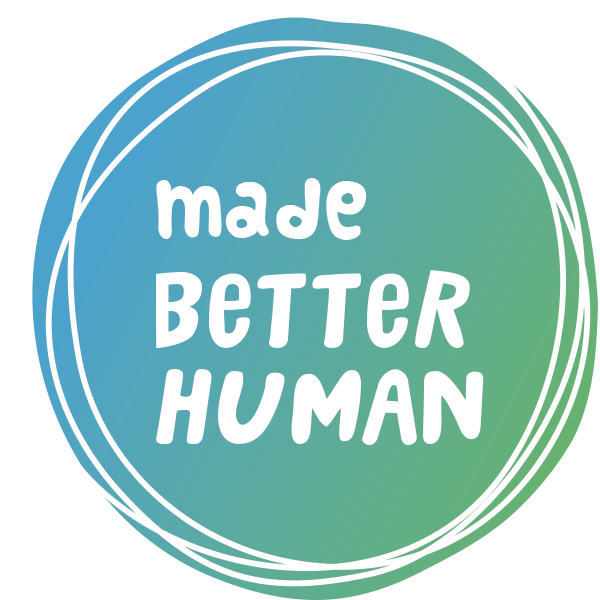“The future lives in our mouths.” – Ocean Vuong
There are moments in life when time splits. A diagnosis. A divorce. The moment a dream dissolves. These are not mere events - they are ruptures in identity, in story. Who we were no longer fits. Who we will be has not yet emerged. In that in-between space, people often feel stuck - adrift in a story with no ending, unsure how to speak the next sentence of their lives.
But what if the very act of speaking - of telling our stories out loud - was the first way through?
Narrative therapy reminds us that we are not our problems. We are the authors of meaning in our lives. And when we lose the plot, we must go back to the language. Words are not only reflections of life - but they are also tools to conjure new life. As wonderfully gifted poet and novelist Ocean Vuong so powerfully suggests, the future lives in our mouths. We must speak it into being.
Here are five guiding reflections, drawn from narrative practice, that can help anyone in a moment of deep transition begin to find the words to imagine - and live into - a new future. We have prepared a free template to help you work through this activity and give language to your new future.
1 | “Before this moment, how did you see yourself?”
This question helps us return to the pre-story -the person we were before everything changed. It honours the identity we built, even if it no longer fits.
In transitional moments, we often feel that we’ve lost ourselves. But the truth is, we had a self. We had a way of seeing the world. Naming it is an act of respect - and the beginning of letting go.
Try saying: “I used to believe that my life would look like…” or “Back then, I saw myself as someone who…”
2 | “What changed that made this moment so defining?”
This is the heart of the rupture - the medical diagnosis, the goodbye, the sudden ending or beginning. Naming it helps us understand not only what happened, but why it matters.
Without story, pain becomes chaos. With story, pain becomes part of something larger. It becomes meaningful, even when it remains deeply difficult.
Try saying: “Everything shifted when…” or “What made it so hard was…”
3 | “What did you feel, think, or believe in the aftermath?”
This is the invitation to honour grief, confusion, or numbness - without needing to rush to resolve it. It’s also where the first signs of transformation often surface: in the quiet flickers of awareness, resistance, or clarity.
When you name what surfaced, you begin to see how you survived, and where meaning began to form.
Try saying: “Afterward, I noticed I started to believe…” or “I couldn’t stop thinking…”
4 | “Who or what helped you move forward?”
Even in the darkest stories, there are always traces of support - people, memories, values, places, even dreams. These “sparkling moments,” as narrative therapy calls them, help us see that we are never entirely lost.
Naming these anchors reminds us that we do not navigate change alone -and that we are stronger than we thought.
Try saying: “What helped me was…” or “I remembered something that gave me strength…”
5 | “Who are you now, in light of this?”
This question opens the doorway to a new narrative -not a return to who you were, but a recognition of who you are becoming.
You are not simply the person who lost something. You are also the person who lived through it, felt it fully, and is still here - speaking, imagining, reauthoring.
Try saying: “Now, I see myself as someone who…” or “This taught me that I am…”
Conjuring a New Future
Language gives shape to our lives. In moments of change, we must not only tell our stories, but we must also shape them consciously, with care, courage, and creativity. The goal is not to romanticise pain, but to reclaim our voice in the aftermath of it.
The most powerful stories are not the ones with tidy resolutions. They are the ones where the speaker becomes visible to themselves, where they say something true and brave and real, and the world opens up just a little more.
So, if you are in a moment of unknowing, speak.
Speak what was, speak what is, and slowly, tenderly, begin to speak what might be.
Because the future lives in our mouths.
If you’d like to explore your life stories in more detail or begin a journey of reinvention, why not reach out to Made Better Human. We offer a comprehensive program, Made Better Stories which guides you through an approach you can take to unfold new meaning and perspective on your life stories. Or you might like to work with one of our narrative therapists / coaches who can offer one-on-one coaching that will support you as you work through your stories and the re-authoring process. Contact us here.

